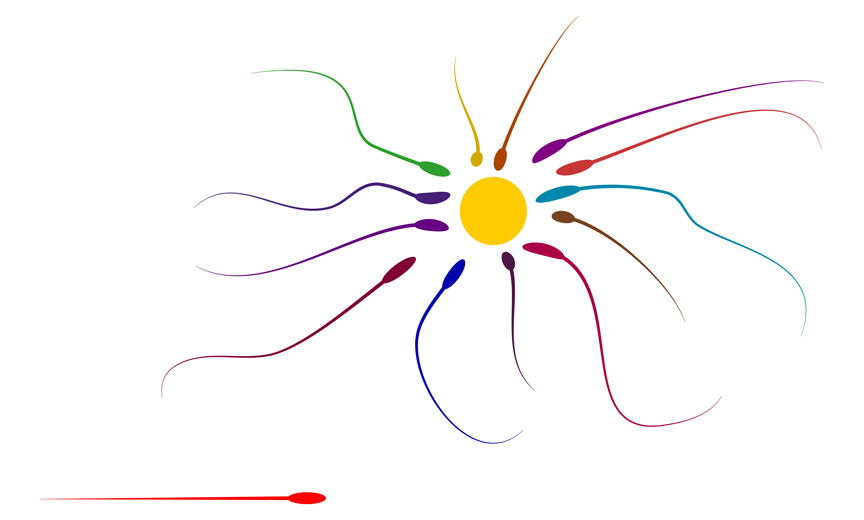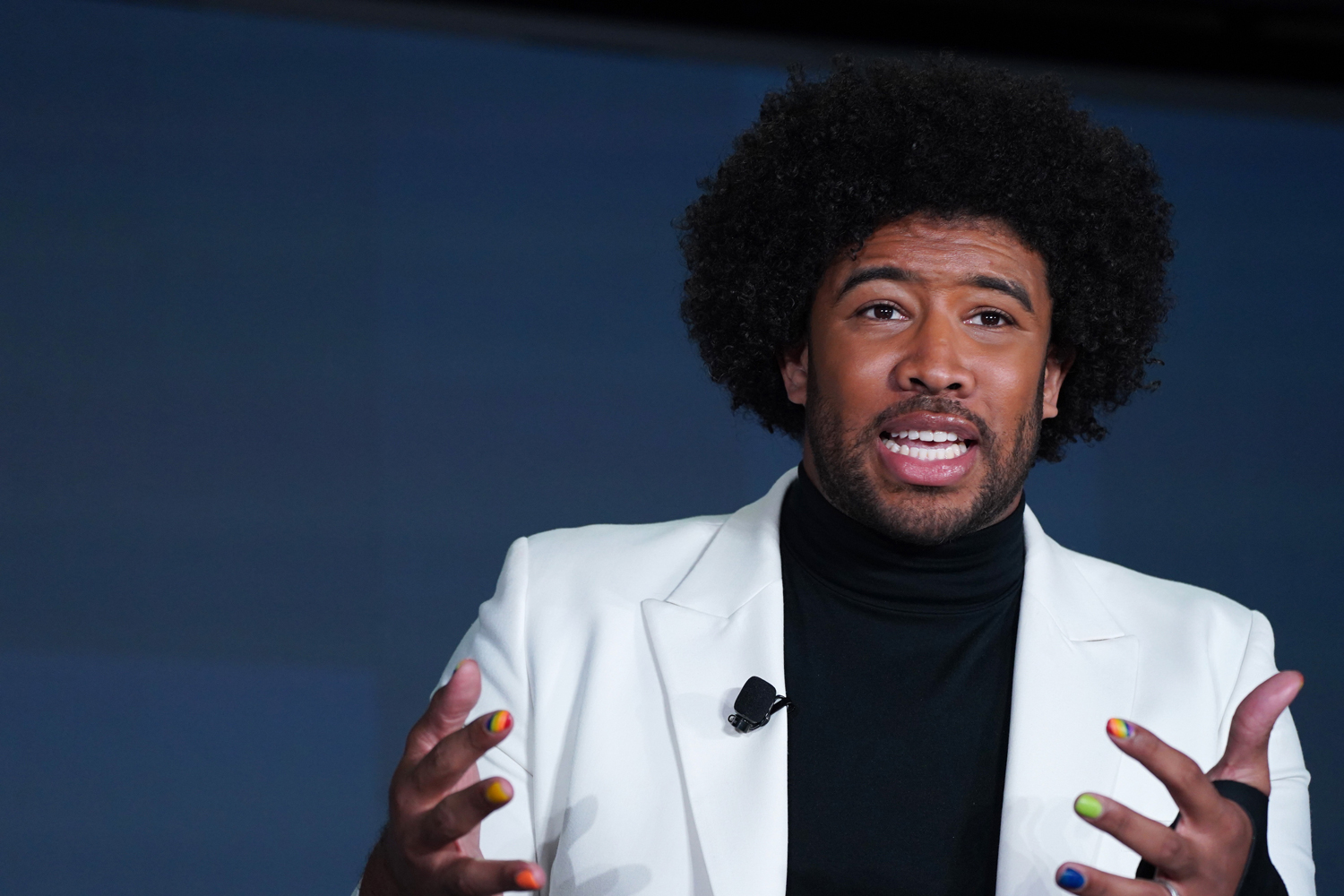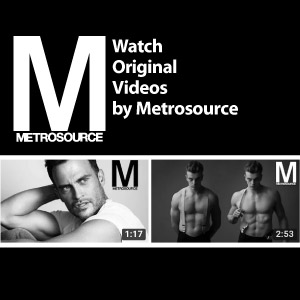For as long as I can remember, I have known that I was the child of a sperm donor. At age two, my two loving mothers explained that our family was different from the norm-that my brother and I are not both of their biological children. My moms explained that since the conception of a child requires a female’s egg and a male’s sperm, a very nice man donated his sperm to a sperm bank so that we could exist. This is my normal. My moms love me, and I have never felt the need or inclination to find my sperm donor. Though he is biologically my father, my mothers, who paid monetary and physical costs to have children, are my parents. They are enough.
One of my earliest memories is a hazy recollection from when I was three years old. I am in preschool, explaining to a friend that because I have two moms and no dad, I was created with sperm from a sperm bank. Needless to say, they were disturbed by another three-year-old explaining the biology behind conception. Ever since, I have continued to receive questions regarding my conception and parenthood. Once I mention that I am a child of artificial insemination, I almost always receive follow-up questions: “Do you know who your father is?,” “Don’t you feel like you’re missing something by not having a father?” or “Don’t you want to know your father?”
The answer to all three is “No.”
Find LGBTQ-Friendly ResourcesMy sperm donor is not my parent-we have no legal or emotional bond; we have no shared memories. Like any other donor, he is just a man who, for either economic or philanthropic reasons, made a charitable contribution.
In recent years, several films have come out that depict families with children of sperm donors. One such film, The Kids Are All Right, centers around a lesbian couple and their two children, both of whom were conceived with a sperm donor. Though it masquerades as a movie supporting lesbian couples and their ability to parent their children sufficiently without a father, the film portrays the mothers’ relationship as unstable and the children as desperate to find, and build a relationship with, their sperm donor, whom they consider their father.
One of the mothers even goes so far as to have an affair with the sperm donor, further blurring the lines between sperm donor and father. Despite the film’s “feel good” tenor, this representation is harmful to actual same-sex families. By portraying the children as needing the presence of a father in order to be complete, the film implicitly suggests that lesbians are not sufficient parents and that children require the presence of a patriarchal figure to be functional adults, neither of which are true. In doing so, the film questions the basis for two moms to be legal parents to a child biologically related to only one of them.
My moms are my legal mothers. Obviously, only one of my moms is my biological mother, and since my brother and I were born prior to the legalization of same-sex marriage, our other mom had to adopt us through second parent adoption. At the time of my brother’s birth in 1997, my parents lived in New York, so it was there that my mom applied for second-parent adoption. The process of adoption took over two years. Hoping to ease the difficulty of this process, my parents moved to New Jersey where I was born. Only days after my birth, my mother became my legal parent. Even though I am over two years younger than my brother, our mom was my legal mother first.
Since the legalization of same-sex marriage in 2015, many states have begun to give legal parentage to both women in lesbian couples who have children using sperm donors upon the birth of their child-a law that has existed for heterosexual couples for decades. This finally gives lesbian couples, for whom it is exceedingly difficult to adopt children, the ability to have children and be legally recognized as mothers. However, there remain states that do not acknowledge or grant second-parent adoption to the non-biological parent in same-sex relationships. The disparity between treatment of heterosexual and homosexual couples who have children through artificial insemination is a direct consequence of the pervasive idea of the “essential” father. Society’s endless obsession with the heteronormative need for a mother and father promotes this unfair legislative imbalance, preventing two mothers from legally becoming equal parents.
A sperm donor is not a father. As my moms always told me, genetics do not define family. We do.
Find LGBTQ-Friendly ResourcesLast modified: February 14, 2019











